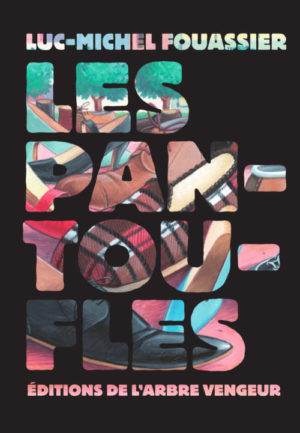
The hero of this delightful novel reminds us of worthy predecessors such as Herman Melville’s famous Bartleby, Albert Cossery’s Philosophical Beggars or Franquin’s Gaston in espadrilles. He uses detachment as a formidable weapon against all forms of power.
“The great advances that have changed man’s destiny have often been the result of chance. This was the case with the discovery of fire, universal attraction, penicillin, tarte Tatin... In the same way, quite by chance, the narrator will discover the unsuspected power of his slippers. One morning, he finds himself on the landing of his apartment, door closed, without keys, wearing pure wool Charentaise shoes, size 42. Instead of trying to find a way to get home to look more presentable - that’s what he does which, no doubt, most of us would do - he prefers to take to the streets and get on with his day as if nothing had happened. And the discovery is going to be there, right from the first few yards. Far from making him uncomfortable, the fact that he’s wearing his Charentaises will give him immeasurable pleasure. What a foot, the soft fleece of wool under the severe gaze of his fellow creatures! No limits then for our hero! It will be the Charente offensive with colleagues, family, friends, the forces of law and order, the brotherhood of the eccentric. During a drift of several days, which will see him pass with the same quiet lightness from a brainstorming meeting to an epic tennis match, from the Louvre to a cocktail party, from a libertine club to a police station, from a timeless island to the Luxembourg Gardens, he will wage his battle against the tyranny of the “as it should be”. It won’t be easy, but Guignol will come at just the right time to bring the most beautiful conclusion to all”
—L.M.F.
